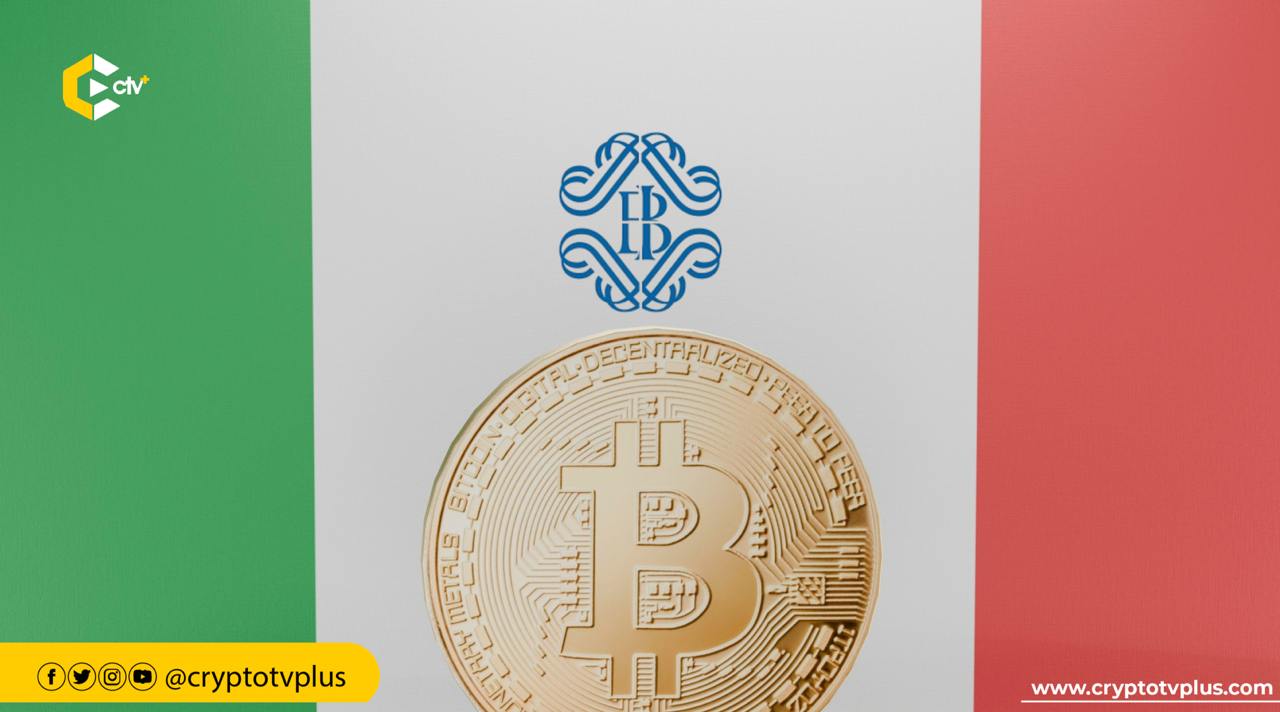News
Bank of Italy raises alarms over Bitcoin and P2P platforms

The Bank of Italy recently voiced significant concerns about cryptocurrencies, particularly peer-to-peer (P2P) trading platforms like those used for Bitcoin transactions. According to the bank, these platforms are often unregulated and opaque, making them potential tools for illegal activities such as tax evasion and money laundering.
This warning comes as Italy prepares to implement the European Union’s Markets in Crypto-Assets Regulation (MiCAR), a framework aimed at tightening oversight on digital currencies and tokens.
This was made known in the bank’s Economic and Financial 893rd research paper published in November 2024. The bank stated that cryptocurrencies like Bitcoin and Ethereum are unbacked digital assets without intrinsic value. They are not tied to any underlying economic fundamentals and rely solely on speculation.
This lack of regulation makes them volatile and risky, particularly for less informed investors. Moreover, P2P platforms, often operating informally, provide a haven for users looking to bypass regulatory scrutiny.
The bank pointed out platforms like kycnot.me, which allow users to trade Bitcoin anonymously, as a significant concern. Such platforms have made it easier for criminals to exploit the system while complicating efforts by law enforcement to trace the origins and destinations of funds.
The apex bank also criticized events like “Satoshi Spritz,” expressing disapproval of such gatherings for promoting activities it perceives as undermining regulatory efforts.
Italy and crypto
Italy has had a mixed history with cryptocurrencies. While the country has seen an increasing number of businesses accepting Bitcoin, it has also been cautious about the risks associated with the sector. Earlier this year, the government introduced a tax on cryptocurrency gains, increasing it to 42% for large transactions.
Read also: French EU Rep Backs Bitcoin Reserve, Rejects CBDCs
The Bank of Italy warned, however, that such high taxes might push crypto users to foreign platforms, undermining the country’s tax base and regulatory efforts.
Despite these challenges, Italy has been trying to position itself as a leader in crypto regulation. MiCA, which is expected to be fully enforced soon, will categorize crypto-assets into stablecoins, asset-referenced tokens, and unbacked crypto-assets.
This classification aims to ensure a clear regulatory framework while distinguishing between more stable digital currencies and riskier ones like Bitcoin.

























1 Comment